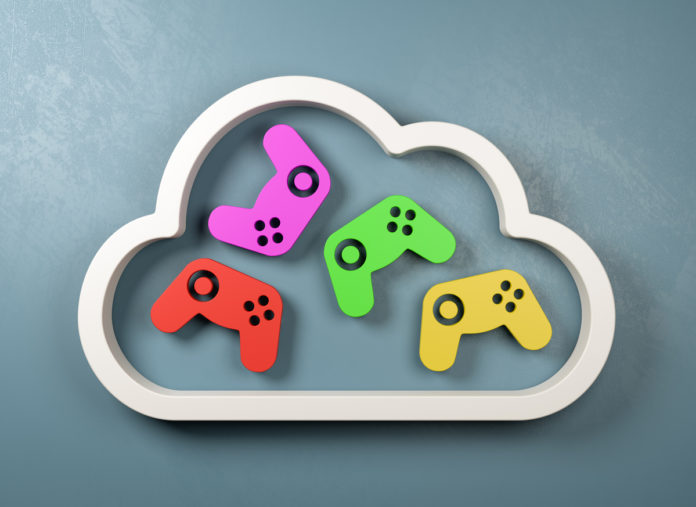The gaming industry is one of the most dynamically developing spheres, which brings huge profits not only to the developers of MMORPG but also to their users. Transactions with virtual artifacts and game objects sometimes may bring a huge income. For example, the most expensive officially confirmed purchase was made in Entropia – the user acquired virtual real estate for $2,500,000. So, the virtual gaming economy quickly becomes a part of the global market. Why is it happening?
What Is a Virtual Gaming Economy?
The volume of the virtual economy services market is estimated at billions of dollars. The virtual economy is similar to the real one: you can buy online artifacts by paying real money. Initially, the exchange of goods attracts millions of players. For example, you can easily buy rs gold for Runescape, AK-47 for CS:Go or skins for Dota 2.
Increasing Income
According to Newzoo, the volume of the global online games market is more than $100 billion now. According to Digi-Capital’s forecast, it will reach $200 billion in the following years. The gaming market works for approximately 2.3 billion users in the world.
The largest online game hypermarket is Steam, which was created by Valve in 2003. In 2016, Steam’s turnover increased to $3.5 billion and more than 10 thousand games are available there.
The system works like this: to get money for game artifacts, the user logs in via his/her Steam account, the program highlights game items from popular games that the site is ready to immediately buy and sets a price. If the user agrees, the transaction happens. If not, he/she may visit the site later when the demand for game items changes.
However, there are quite a lot of online platforms, where people can buy or sell the desired artifacts. As you see, the virtual market is more than real.
Golden Rush
According to Newzoo, 6% of gamers earn on the resale of game items. For the sale of skins and gold, gamers use special sites working in the niche.
What is the reason for selling gaming items? In MMORPG games, the strength of the character depends on artifacts, and it can take months or even years to get them. In network-competitive games, players can change the appearance of their characters to upgrade their levels. The most famous games that are actively trading skins are Dota 2 and Counter-Strike: Global Offensive.
Since the income of game developers depends primarily on the in-game economy, companies are striving to make the sale of in-game items as convenient and understandable for users as possible. At the same time, developers are interested in keeping the audience in their projects longer, therefore, they create their own marketplaces with transparent auctions.
As you see, the gaming economy is a huge developing world. We believe that it will continue to grow in the future. So, why not take advantage of it?










